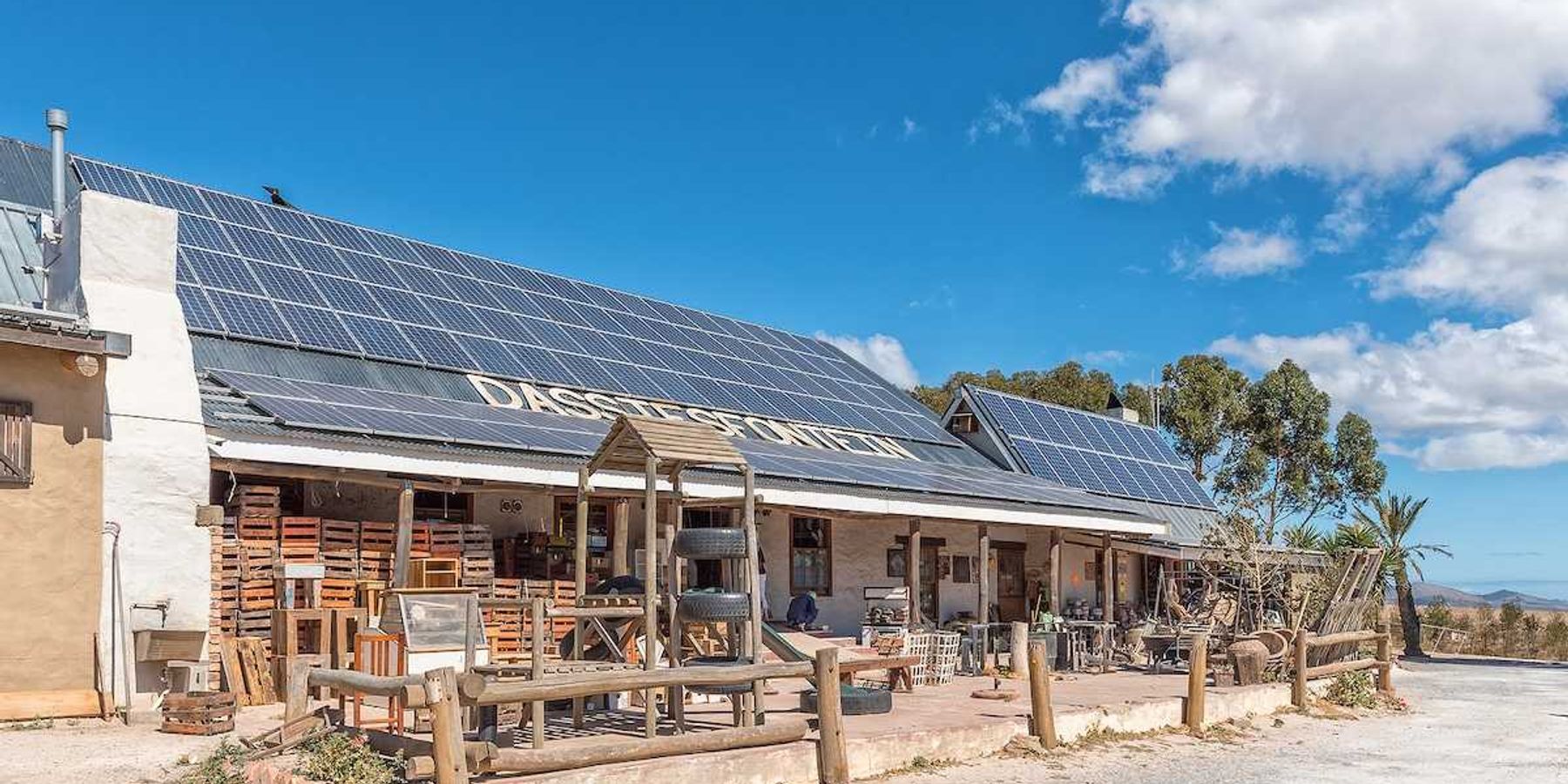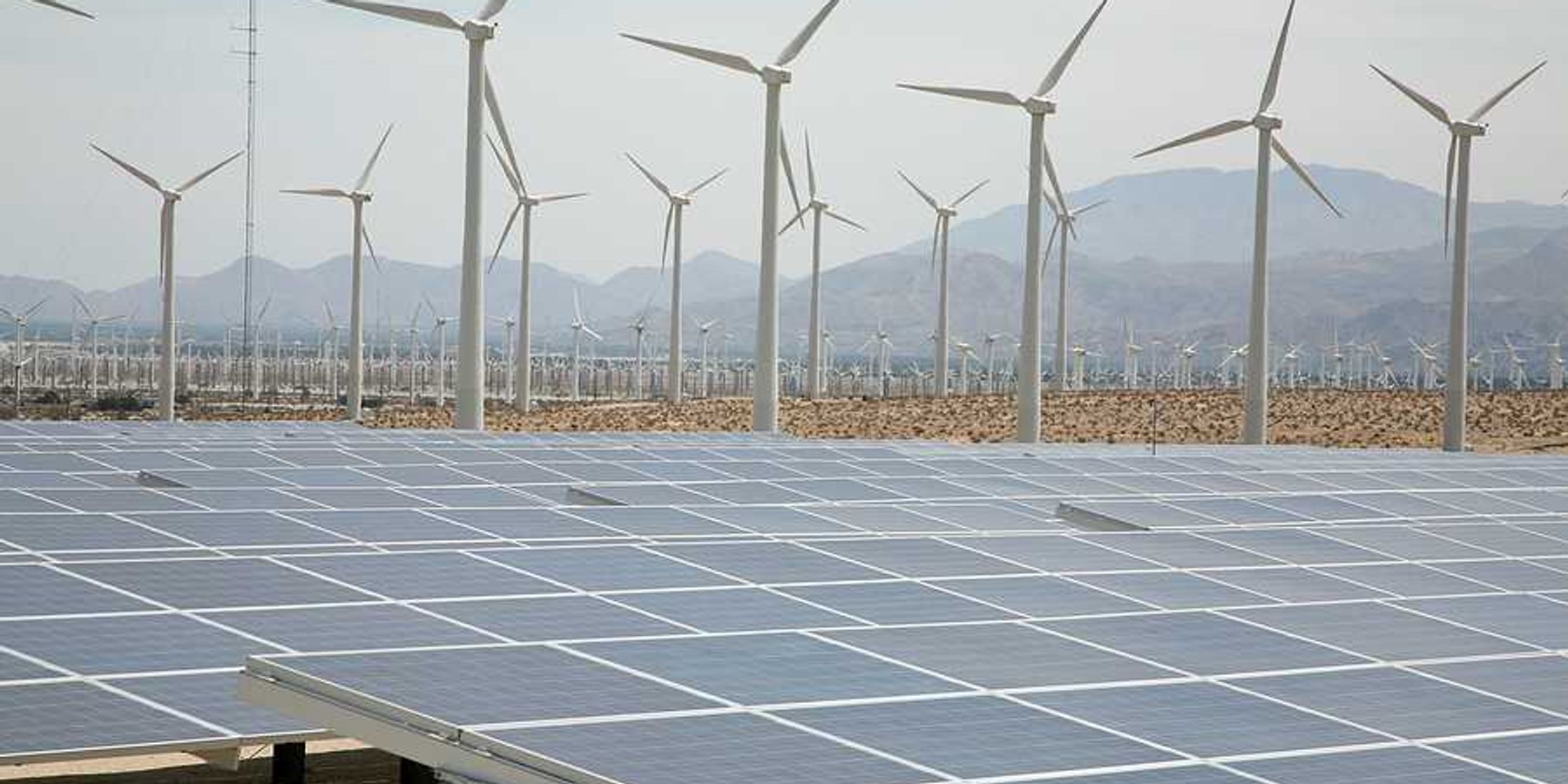gas
LNG exports linked to deaths and rising health costs, report finds
A new report from Greenpeace and Sierra Club reveals that liquefied natural gas exports in the U.S. cause around 60 premature deaths and nearly $1 billion in annual health costs, with numbers expected to rise significantly if planned terminals are built.
In short:
- LNG export facilities currently contribute to 60 premature deaths and $957 million in health costs annually.
- Planned expansions could increase these numbers to 149 deaths and $2.33 billion in costs.
- Minority communities near these facilities are disproportionately affected by the pollution.
Key quote:
“We found those numbers stunning.”
— Andres Chang, senior research specialist at Greenpeace and study co-author
Why this matters:
Expanding LNG exports not only exacerbates climate change but also imposes serious health risks, particularly on marginalized communities. Regulatory actions could mitigate these harms, potentially saving lives and billions in health costs.
Oil and gas ties in UK Parliament raise concerns
A significant number of newly elected UK MPs have backgrounds in lobbying and consultancy for oil and gas companies, leading to concerns about potential industry influence on policy-making.
In short:
- Twenty-four MPs elected in 2024 previously worked for firms representing fossil fuel clients, including major oil and gas companies and coal power stations.
- Labour and Conservative MPs have backgrounds in communications and lobbying, with some having worked for agencies with ties to BP, Phillips 66 and ExxonMobil.
- Critics argue this may hinder the political transition to renewable energy, given the fossil fuel industry's entrenched influence in politics.
Key quote:
“Part of what stops this transition from occurring is the embedded influence of the fossil fuels industry in politics.”
— Carla Denyer, Green Party co-leader
Why this matters:
The fossil fuel industry's influence over UK MPs could delay crucial policy changes needed to combat climate change. This raises concerns about the UK's ability to transition to renewable energy and meet its environmental goals.
Gas pipeline project faces setback after court ruling
A federal appeals court vacated the approvals for a New Jersey gas pipeline project, forcing a reassessment of its necessity and environmental impact.
In short:
- The U.S. Court of Appeals ordered the Federal Energy Regulatory Commission to reconsider the Regional Energy Access Expansion project.
- Environmentalists and state officials argued the project is unnecessary and harmful, citing an independent study showing sufficient gas capacity in New Jersey until beyond 2030.
- The court found the commission failed to consider the project's environmental impact, including significant greenhouse gas emissions.
Key quote:
“The record estimates enormous GHG emissions from the project for the next half century.”
— Judge J. Michelle Childs, U.S. Court of Appeals
Why this matters:
The ruling emphasizes the need for careful evaluation of energy projects to align with state policies on reducing greenhouse gases and ensuring consumer protection from unnecessary infrastructure costs.
Related EHN coverage:
Texas to boost energy fund to $10 billion to expand power grid
In response to rising electricity demands, Texas will double its state fund for power grid expansion from $5 billion to $10 billion.
In short:
- Texas plans to expand the Texas Energy Fund to $10 billion, offering low-interest loans to build new gas-fueled power plants.
- The state’s grid operator predicts electricity demand will nearly double by 2030, prompting an immediate policy review.
- The fund will also provide bonuses and grants for plant connection, modernization and weatherization.
Key quote:
"[The numbers in the new forecast] call for an immediate review of all policies concerning the grid."
— Gov. Greg Abbott and Lt. Gov. Dan Patrick in a press release.
Why this matters:
The state's commitment to bolstering its power grid is a critical step towards ensuring reliable electricity for millions of residents. Recent years have highlighted the vulnerabilities in Texas's energy infrastructure, most notably during the devastating winter storm in 2021 that left millions without power in freezing temperatures. The expanded funding aims to prevent such crises by enhancing grid resilience and capacity.
New Mexico considers reuse of oil and gas wastewater amid safety concerns
New Mexico regulators propose reusing treated oil and gas wastewater in industrial processes but prohibit its discharge into rivers due to safety concerns.
In short:
- New Mexico generates billions of gallons of toxic wastewater annually from oil and gas drilling, currently injected underground or transported to Texas for disposal.
- Proposed rules allow treated wastewater reuse in industry but prohibit river discharges, citing insufficient safety data.
- Environmental advocates worry about risks, while industry groups argue the rules are too restrictive compared to other states.
Key quote:
“The scientific research that would allow us to protectively permit treated produced water discharge simply does not exist.”
— Andrew Knight, NMED assistant general counsel
Why this matters:
New Mexico faces severe water shortages and must explore alternatives to traditional water sources. Safe reuse of treated wastewater could provide a new water supply but poses potential environmental and public health risks.
California: Signal Hill employs firm with oil industry ties for drilling permit review
Residents of Signal Hill are opposing a proposal to extend a neighborhood oil drilling permit for 20 years, citing health risks and environmental concerns.
In short:
- Community members expressed concerns about health impacts, such as asthma and cancer, linked to local oil drilling operations.
- Signal Hill Petroleum seeks to extend its drilling operations, relying on an environmental review by a firm connected to the oil industry.
- California's Senate Bill 1137, if upheld, would restrict new wells and impose tighter regulations on existing ones near residential areas.
Key quote:
"The International Panel on Climate Change has stated that we must urgently ramp down fossil fuel production in order to avoid the most extreme effects of climate change. A proposed 20-year permit extension does the opposite."
— Catherine Ronan, Sierra Club’s Los Angeles chapter
Why this matters:
Extending oil drilling operations in residential areas poses significant health risks to the community, including respiratory and cardiovascular diseases. The decision also challenges California's efforts to reduce fossil fuel dependence and mitigate climate change.
LNG export debate intensifies as Louisiana fishers demand halt
A battle over LNG export expansion heats up as Louisiana fishermen and environmental groups push back against industry influence on federal decisions.
In short:
- The U.S. Department of Energy's pause on LNG export applications has sparked a research competition between industry and academic groups.
- Local fishers and environmental groups argue that LNG expansions disproportionately harm low-income and minority communities, contributing to pollution and climate change.
- A lawsuit from 16 states challenges the Biden administration's halt on LNG projects, claiming it disrupts the industry.
Key quote:
“There is always a concern that DOE would be influenced by an industry-funded report. That is the very nature of the government’s relationship with the fossil fuel industry, which has a long history of producing misleading and inaccurate information.”
— Robin Saha, director of the environmental studies program at the University of Montana
Why this matters:
Louisiana’s vast natural gas reserves have positioned it as a key player in the LNG market, but the expansion of LNG exports poses significant environmental and health risks, especially for vulnerable communities. Proponents of the expansion argue that increasing LNG exports will boost the economy, create jobs, and strengthen the United States' energy independence. However, local fishermen and environmental advocates see a different picture, one marred by potential environmental degradation and the loss of traditional ways of life.









